Heart failure is diagnosed by assessing the patient's clinical history, conducting a physical examination, and performing routine blood tests, in addition to the following:
- BNP biomarker for heart failure screening, diagnosis, and prognosis. However, it may be mildly elevated in other medical conditions.
- Troponin biomarker to assess heart failure prognosis; it remains chronically elevated without the acute surge seen in heart failure.
- Transthoracic Echocardiogram (TTE) to assess heart chambers, valves, wall motion, and ejection fraction, which is typically below 40% in Systolic Heart Failure.
- CG to detect any ischemic changes.
- Chest X-ray to identify signs of lung congestion.
ACC/AHA Systolic Heart Failure Staging and Therapeutic Management
Stage A: At risk for Heart Failure
Patients with a family history of cardiomyopathy or those diagnosed with hypertension, diabetes mellitus, ASCVD, and obesity are categorized in this stage. Management for patients in this stage includes:
- Lifestyle modifications: These involve weight reduction, smoking cessation, and regular exercise.
- Management of complications: Specifically hypertension, diabetes mellitus, and dyslipidemia.
- Consideration of SGLT2 inhibitors in patients with diabetes mellitus and cardiovascular conditions.
Stage B: Pre- Heart Failure
Patients in this stage are asymptomatic but exhibit structural cardiac changes. The management for patients in this stage includes:
- The same measures as in Stage A.
- Avoid NDHPCCB (Diltiazem, Verapamil): These medications have a negative ionotropic effect on the heart muscle, which can impact contractility.
- Avoid Pioglitazone (Diabetes mellitus medication): This medication is known to cause fluid retention.
Stage C: Symptomatic Heart Failure
NYHA classification is used for symptomatic Heart Failure patients to characterize their symptoms and functional capacity:
The management for patients in this stage includes:
- The same measures as in Stage A.
- Influenza and Pneumococcal vaccine.
- Dietary sodium restriction to minimize fluid overload
- Avoid medications that can worsen Heart Failure, such as NSAIDs, CCBs, Thiazolidinedione, Saxagliptin, Class 1C Antiarrhythmic (Flecainide, Propafenone), and Dronedarone.
Implantable cardioverter defibrillator (ICD)
It is recommended for patients with an ejection fraction less than 30% or less than 35% after 40 days post-MI if the survival rate is greater than 1 year
Cardiac resynchronization therapy (CRT)
It is recommended for patients with an ejection fraction ≤35%, sinus rhythm, Left Bundle Branch Block (LBBB), and a QRS duration >120-150 ms.
Stage D: Advance Heart Failure
When heart failure patients suffer from severe symptoms and experience multiple hospitalizations, it significantly impacts their quality of life. Advanced treatments that may be considered include:
- Left ventricular assist device (LVAD)
- Mechanical circulatory support (MCS)
Reference:


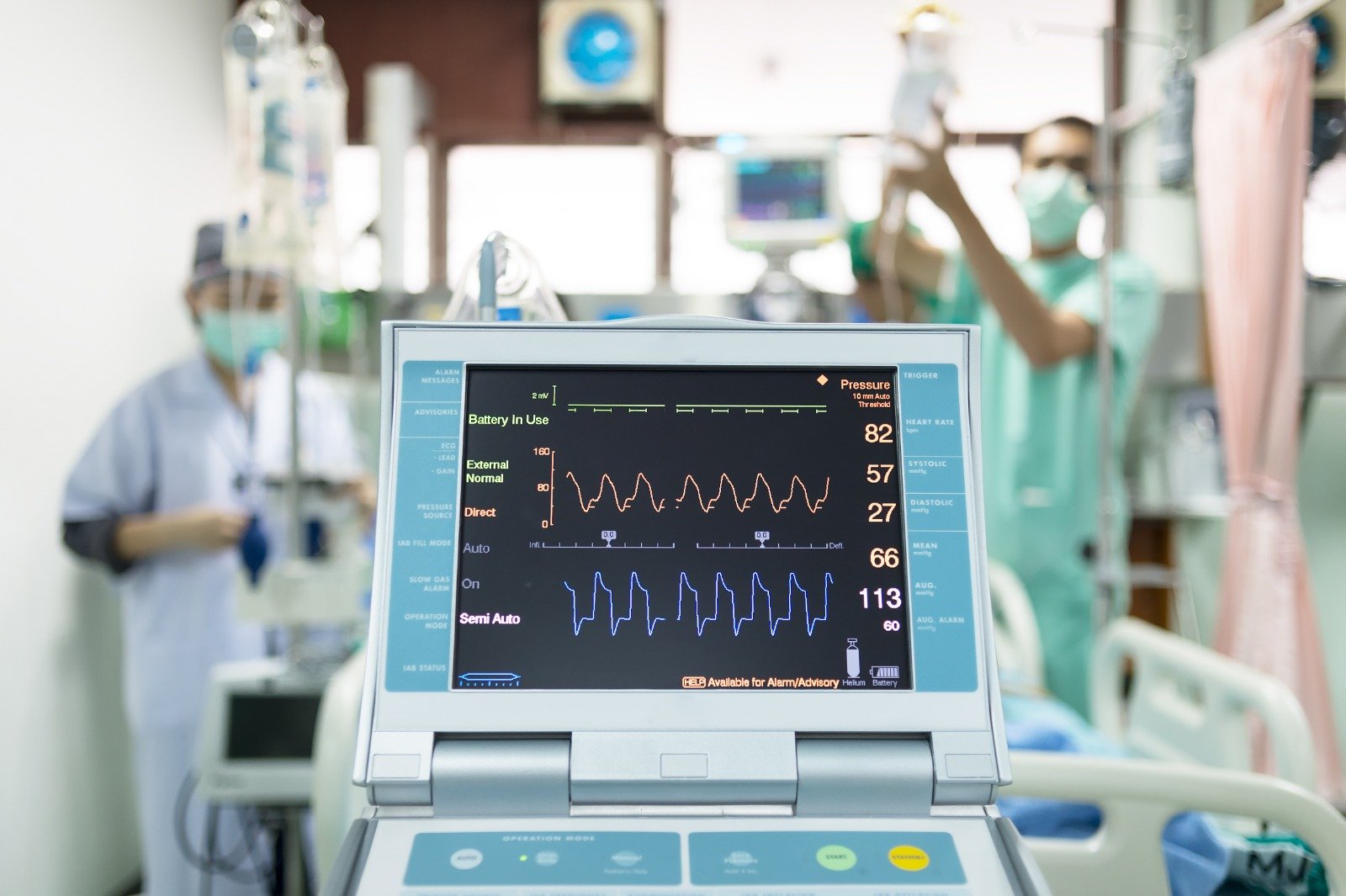
.webp)
.webp)
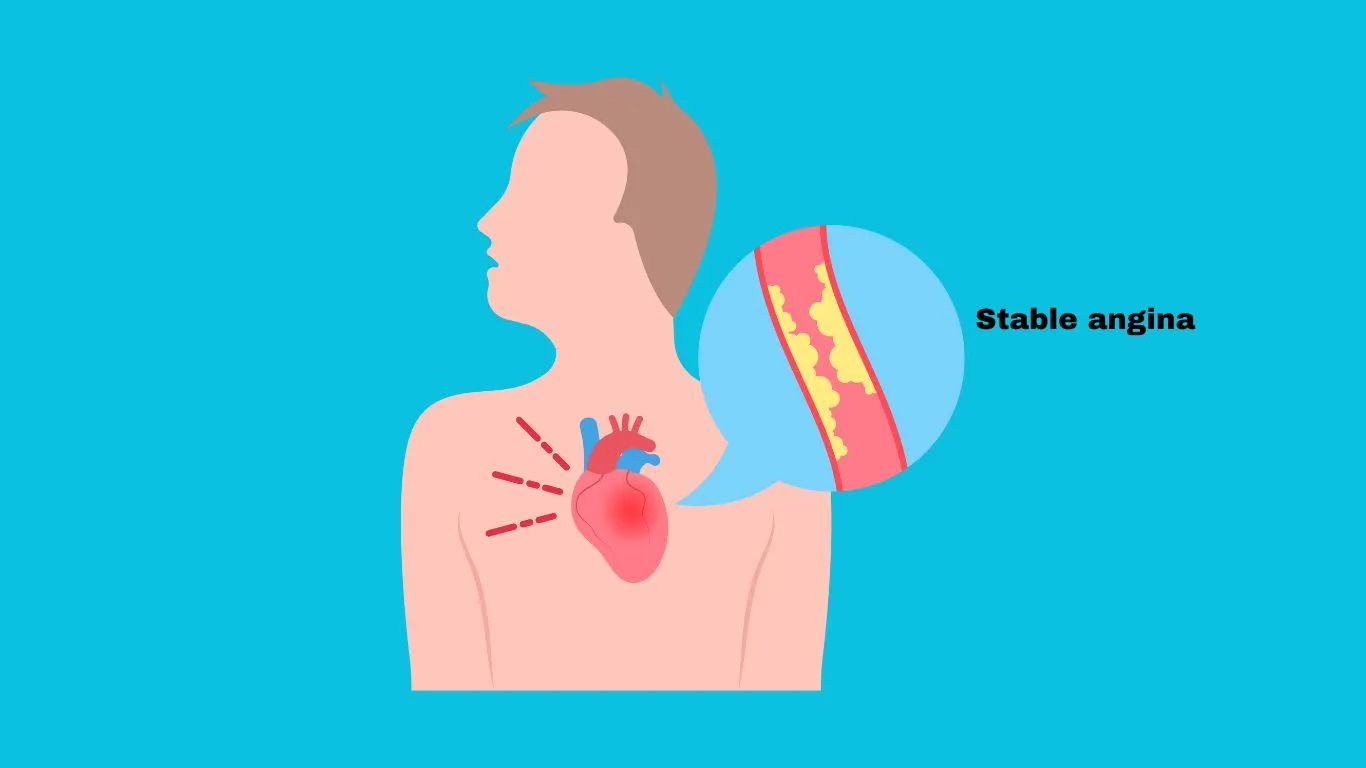
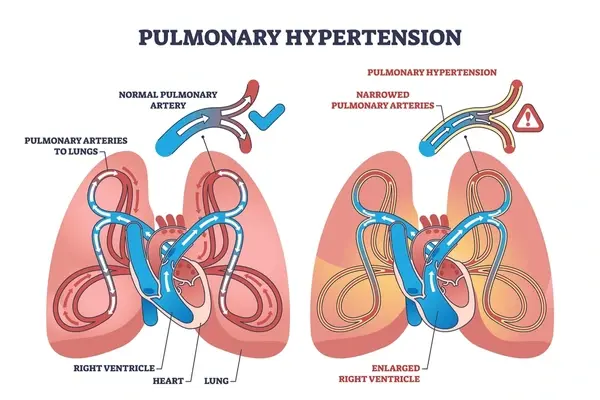
.webp)
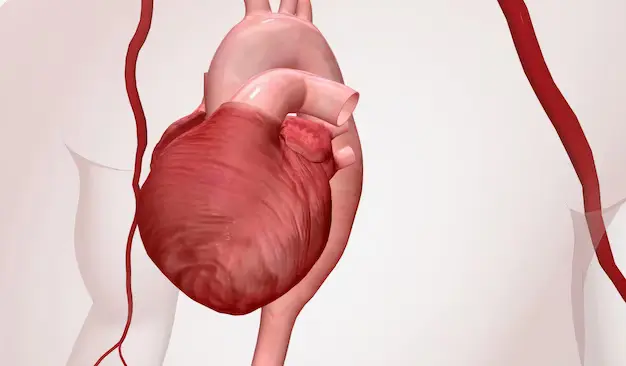
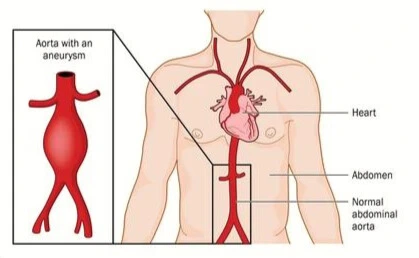
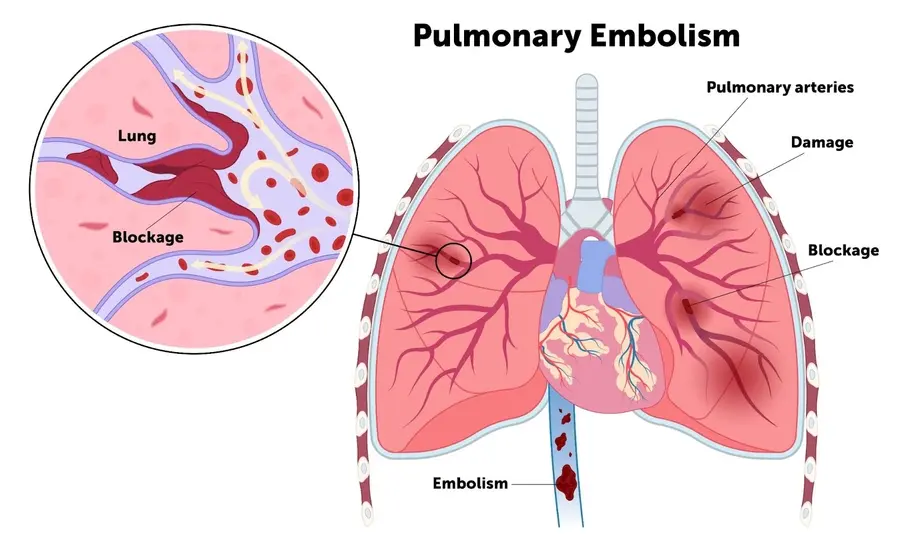
.webp)
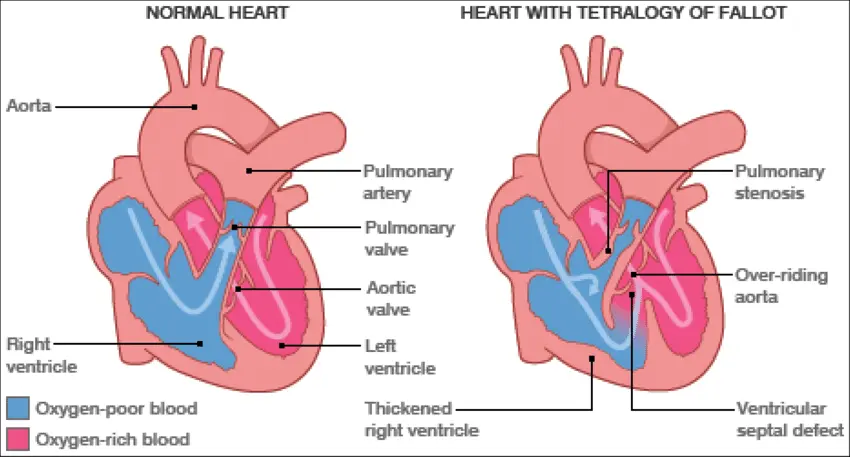
.webp)

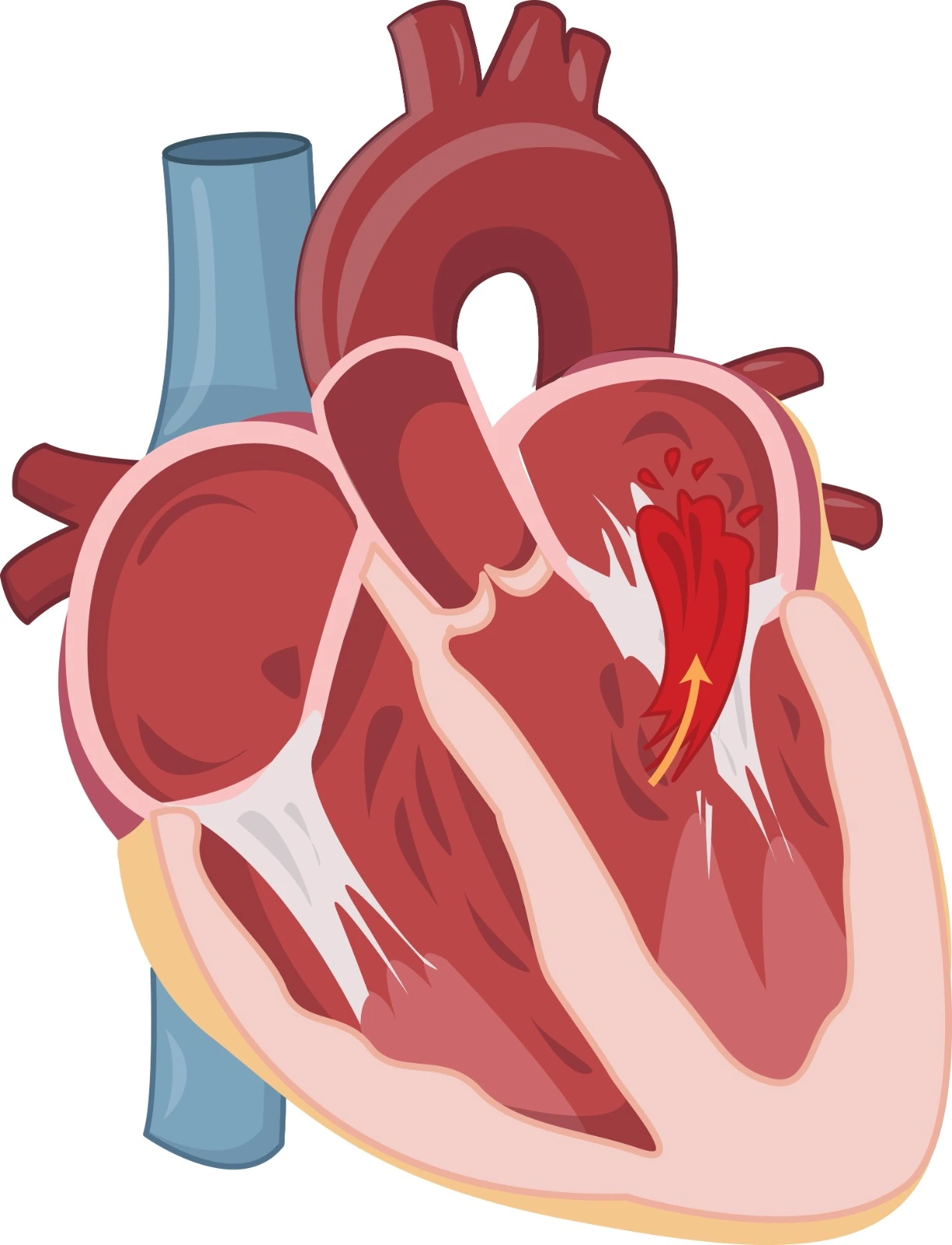
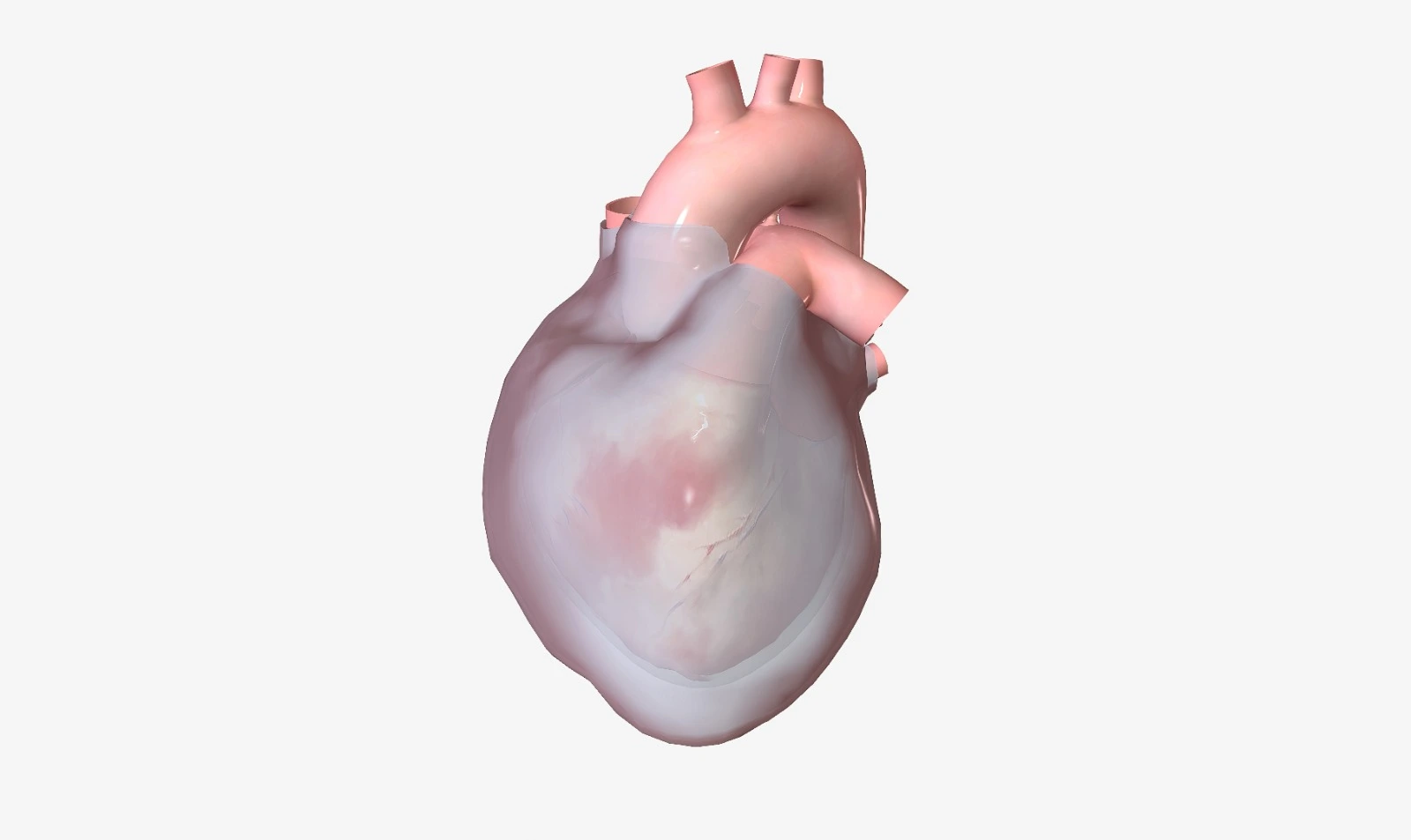
.webp)